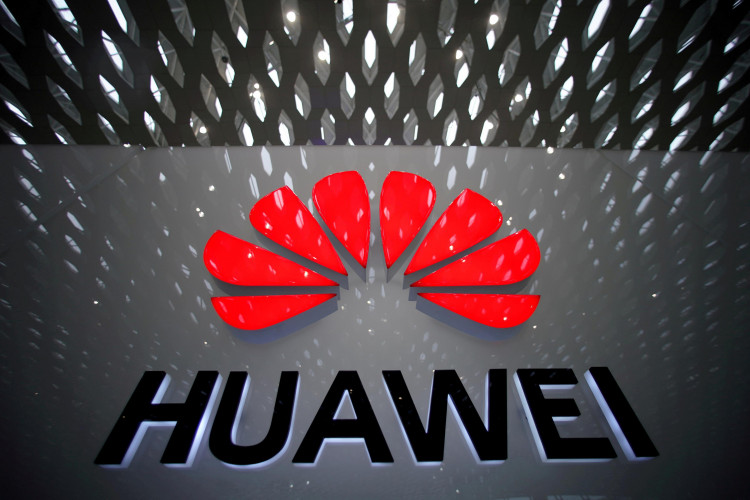The U.S. government is considering new limits on the selling of microchips and other critical components to the Huawei Technologies of China, sparking another round of protest from tech companies.
In recent weeks, industry groups representing U.S. semiconductor makers, software companies and suppliers have reached out to Trade Secretary Wilbur Ross warning against the reforms, according to copies obtained by Bloomberg News.
The tech groups have asked US President Donald Trump and his advisers to at least hear them out before rolling out tougher policies to close what US officials consider loopholes letting American companies to keep working with Huawei.
The U.S. imposed an export ban on Huawei in May, arguing that it is a threat to national security. Placing the Chinese company on the so-called agency list means cutting it off from US products and forcing American companies to obtain licenses to resume business with the Chinese firm.
On Blacklisting & Eavesdropping
Huawei denied it helps the Chinese government obtain illegal access to information and vulnerable equipment. Even after the blacklisting, some US companies continued to sell to Huawei, citing rules that limit the ability of the government to ban exports.
Based on De Minimis Laws, certain goods are exempt if the majority of the work performed to produce the items can be demonstrated by businesses outside the US. If 75 percent of the work takes place abroad, the new limit essentially kicks in.
The administration is considering raising that to around 90 percent and expanding the product list, said people familiar with the discussions. The change could come as soon as January, the sources said.
"Secretary Ross met with people of the Semiconductor Industry Association and heard their views as department officials communicate with private industry on a regular basis," a spokesperson for the Commerce Department disclosed.
Ban Bad For The US?
Most U.S. tech firms have non-U.S. operations that allow them to claim that their services are excluded. Chip manufacturers run project offices around the world to support 24-hour development cycles and many have outsourced Asian companies to manufacture.
The U.S. government may release the reforms as final regulations, not as a framework that requires industry and other stakeholders to participate, Neuffer said, while imploring the administration not to follow that route.
The tech firms argue that a stricter Huawei ban only hurts the US: many of the products they sell to Huawei can be purchased abroad, resulting in US entities losing profits to overseas rivals.
US tech firms have struggled to comply with the initial Huawei ban while retaining access to the world's largest Chinese market.





